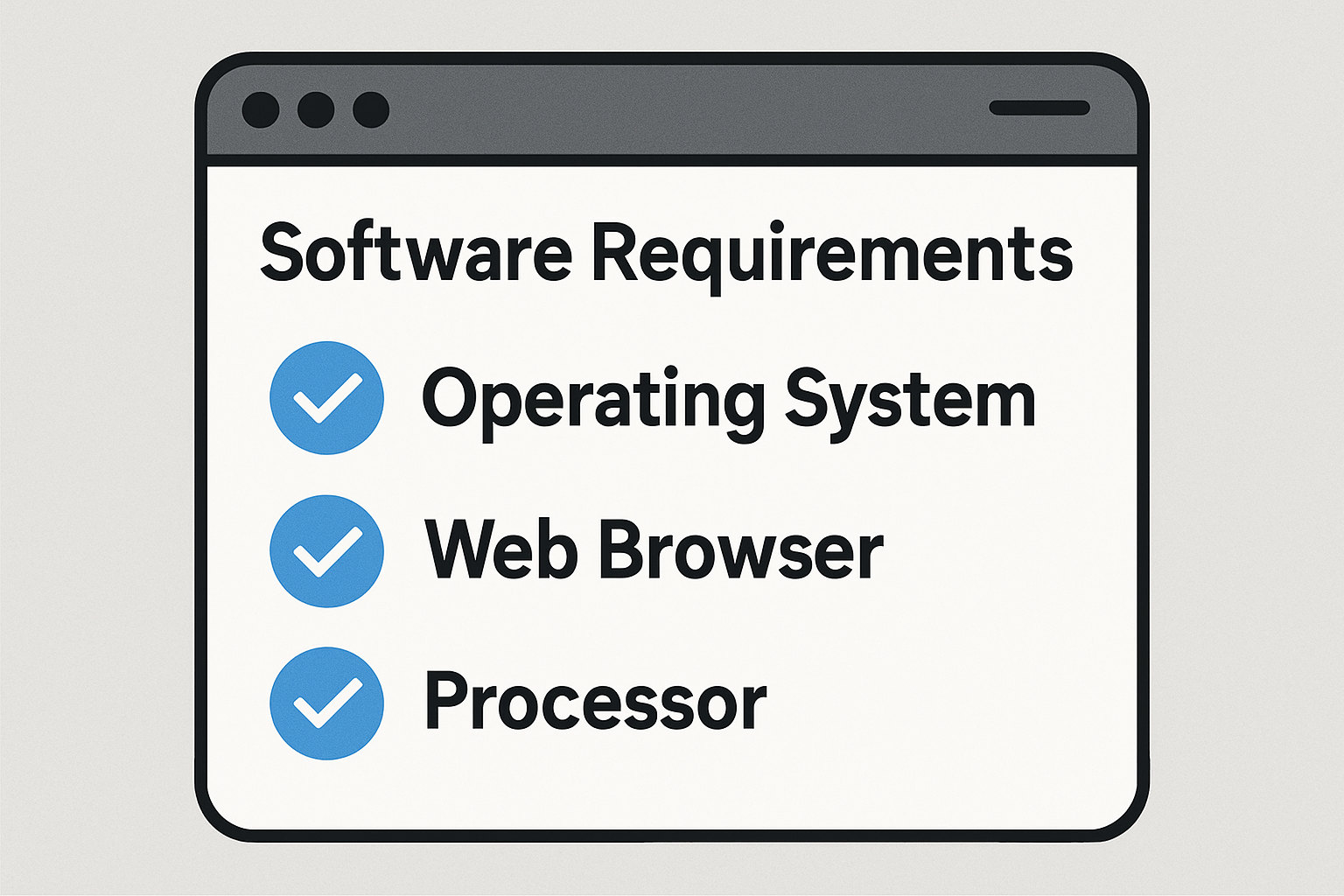Websites generally do not have strict or specific software requirements for end-users. Most modern websites are designed to be accessible across a wide range of devices and browsers, ensuring compatibility and ease of use. However, certain advanced functionalities or specialized features may necessitate specific software components, such as:
- Web Browsers: Compatibility with popular browsers like Chrome, Firefox, Safari, or Edge is essential for optimal performance.
- Plugins or Extensions: Some websites may require specific plugins (e.g., Adobe Flash in older contexts) or extensions for full functionality, though these are increasingly obsolete.
- Operating Systems: While most websites are platform-independent, certain enterprise or specialized applications might require specific operating systems for backend access.
- Supporting Software: For content management, development, or maintenance purposes, software such as FTP clients, database management tools, or code editors might be necessary.
In summary, while general browsing does not demand specialized software, particular web applications or services may impose specific requirements to operate effectively.
Host your website for as little as $1 per month.Web Hosting
Discover more from Archer IT Solutons
Subscribe to get the latest posts sent to your email.

No responses yet